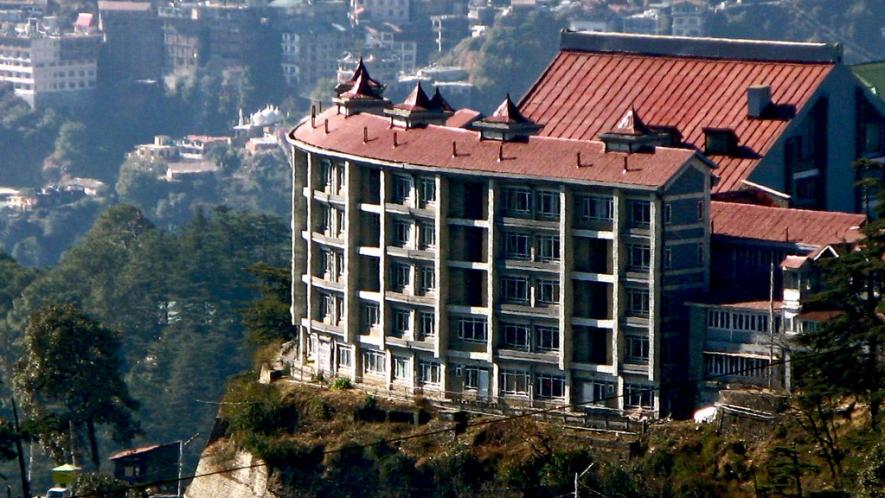Himachal Pradesh Government’s Jan Manch: How Democratic Is It?

Image Courtesy: flickr
The ‘Jan Manch’ or the people’s platform initiated by the incumbent Himachal Pradesh government is a step that smacks more of politics than actual delivery. Though the term sounds very democratic but in fact it chokes the existing democratic structures of governance. In the recently held meetings of ‘Jan Manch’, it was reported that over 2,825 complaints and demands were reported throughout the state. Ministers of the cabinet attended these meetings and held consultations with the people. The cost of holding these meetings is huge where lakhs of rupees are spent on organising them. ‘Dham’ (feast) is provided to the people who converge. A social audit of such ‘Jan Manch’ is a must to ascertain the rate in which complaints are redressed.
Some Structural Problems with the ‘JAN MANCH’ Style Governance
Firstly, the entire exercise is done with political overtones where the BJP and its multiple fronts do the convergence part of the administration along with its lower rung leaders for a nexus building. Of course, the presence of a cabinet minister provides legitimacy to the exercise. One of the ministers warned the officers in the district that they have to be present in these meetings; failing which there will be administrative action against them.
Secondly, the demands emanating out of these Jan Manchs pertain to the huge resource deficit of the state government that has increased over the years. The memorandum submitted to the 15th Finance Commission by the Himachal state government and even other major political parties explicitly mentions this. The initial years of rapid development during the inception of the state in creating a good social infrastructure is now getting scuttled for want of investment. There is huge demand for the continuation of the government propped services in health, education, water, electricity, roads etc. With the ever-increasing debt which has crossed Rs. 50,000 crore, the inability of the successive governments to perform is starkly evident. On top of that the financial governance model of reducing the fiscal deficit further enhances the demand deficit. In the given context, the complaints/ demands for financial solutions is hardly met with. Hence, the ‘Jan Manch’ does not serve that purpose.
Thirdly, the entire exercise is too centralised i.e., concentrated in the hands of the ministers. Probably, that is the model of governance that the BJP intends to develop- strong centre with weak peripheral governance. The role of the local bodies, both rural and urban is completely negated in the ‘Jan Manch’ exercise. The foremost grievance redressal forum which is directly linked and answerable to the people is local governance through its elected representatives. The local level of governance is being bypassed and another ‘novel’ model is getting established which would prove perilous for the entire structure of governance.
Fourthly, the institution of the district planning committee (DPC) under the 73rd and 74th constitutional amendment should have got strengthened. Instead of empowering the DPCs by enabling the district panchayats (zila parishad) and the municipal bodies to take over governance and planning in the district and the towns, the successive governments have crippled them. The deputy commissioner in the district should be the secretary of the DPC and the leader of the district panchayat, its chair. However, in Himachal Pradesh, the DPCs are headed by respective ministers. Now, with the new ‘Jan Manch’ structure even the little remnant of local governance is getting infringed.
The government must revisit this model and should not leave it to become just a platform to do politics and turn it into a ‘feast function’, where public resources are utilised to serve them. Instead, the existing structures of local governance must be strengthened and empowered to ensure that the system works fast and delivers well. The ministers and members of the legislature have an important role of legislation; they should not encroach on the roles of the local governance structures.
Get the latest reports & analysis with people's perspective on Protests, movements & deep analytical videos, discussions of the current affairs in your Telegram app. Subscribe to NewsClick's Telegram channel & get Real-Time updates on stories, as they get published on our website.























